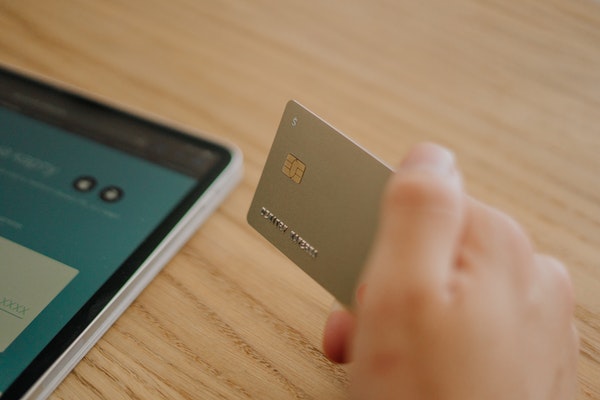It’s a commonly held belief among some consumers that credit cards should be avoided completely. While there are certainly risks to consider, using a credit card wisely is an excellent way to build credit and establish a history that will help lenders evaluate your credit worthiness. Here are some smart credit card practices to help improve credit without amassing too much debt.
Using a Credit Card to Build Credit
Whether repairing your credit or establishing a history for the first time, a credit card can be a useful tool. Before you sign up and start spending, learn some best practices to help avoid credit problems.
Credit Card Pro Tips:
- Limit Yourself to One Card – Don’t apply for multiple cards. Each time you apply for a credit card, the creditor will make a credit inquiry. These inquiries get included on your credit report and can lower your score. Research a few credit card options to evaluate which will suit your needs best. Sticking with just one card at first will reduce the risk of overspending and being unable to succeed with debt management.
- Choose the Right Card – When choosing a card, read and understand all of the terms and conditions before signing up. Don’t choose a card based on rewards or sign-up bonuses. Consider your specific financial needs and select a card that doesn’t charge excessive fees. Do your research to compare cards side-by-side.
- Consider a Secured Credit Card – To open a secured card, a consumer must put down a deposit to act as collateral. This is the safest type of card to start out with and easiest to qualify for because the collateral reduces the risk of defaulting on the debt. These cards typically have a low limit to start, which is another safeguard to prevent problems with managing credit card debt.
- Keep the Balance Low – When using a credit card to build or repair credit, keeping a manageable balance is critical. The card holder should pay off the balance completely each month. Treating the credit card like a debit card is one way to limit unnecessary spending.
Stay Smart by Building Slowly
In order to reap the benefits of having a credit card, you do need to use it. However, this doesn’t mean the balance ever has to go higher than $10 at any point. Start by making one small purchase per week with the card, and pay off the balance completely before the due date each month.
Smart and steady credit use that doesn’t result in long-term credit card debt looks great on your credit report. Once you understand the credit card basics, you can upgrade to an unsecured card or rewards card. Just stay smart, build credit slowly, and never get in over your head.
If you’re struggling to pay off debt, ACCC can help. Schedule a free credit counseling session with us today.






